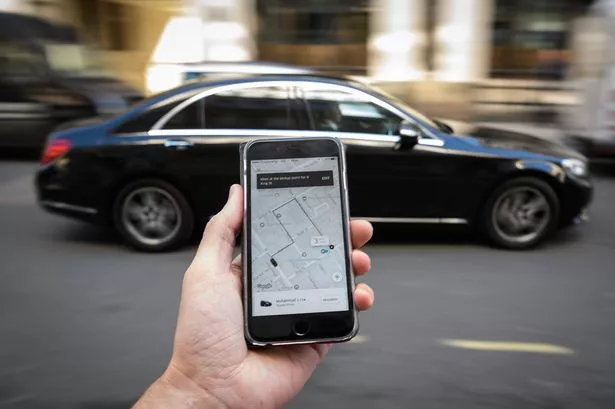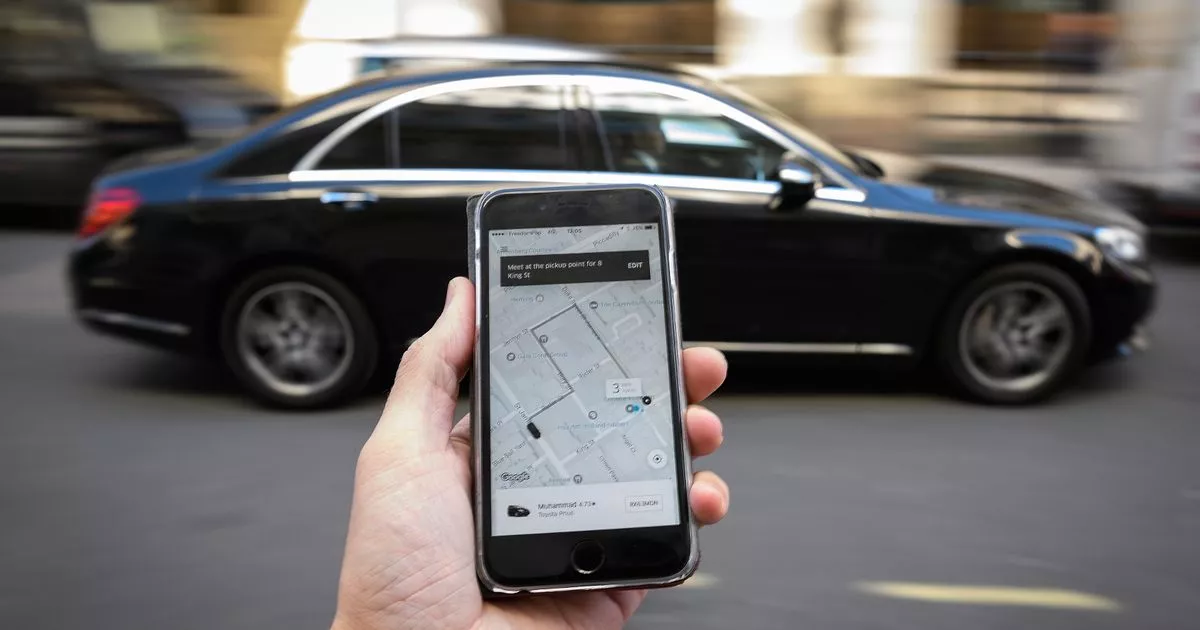Delta emeged victorious over Uber in the Supreme Court this weekDan Haygarth Liverpool Daily Post Editor and Regeneration Reporter
19:14, 02 Aug 2025
 Uber and Delta met in the Supreme Court(Image: Leon Neal/Getty Images)
Uber and Delta met in the Supreme Court(Image: Leon Neal/Getty Images)
A Supreme Court case involving Merseyside’s Delta Taxis and Uber has an impact on how private hire companies charge customers. On Tuesday, Delta won a Supreme Court battle with Uber over how private hire farms are taxed – the court’s judgement ruled firms do not need to change their business models, a move which would have resulted in passengers paying VAT on fares
App-based ride-hailing giant Uber had sought a legal declaration that would have meant private hire companies outside of London would have to pay added VAT. But the move was successfully challenged by Merseyside-based Delta Taxis.
Delta argued that legislation dating back to 1976 allows for multiple business models under the private hire licensing regime, meaning not all operators are required to charge and pay VAT. Uber sought a declaration that private-hire firms enter into a contract with customers, meaning those operators would have to pay VAT.
This came after Uber faced a 2021 Supreme Court decision which found its drivers were deemed as workers rather than agents. This meant that a 20% VAT fee was mandated on app-booked journeys.
The High Court ruled in Uber’s favour in 2023 but that decision was overruled by the Court of Appeal last year. Uber then appealed to the Supreme Court earlier this year.
Throughout the Supreme Court hearing, Uber argued that requiring other private hire operators to enter into a contract with customers would be consistent with the public protection purpose of the legislation.
In a judgment handed down on Tuesday, the Supreme Court dismissed Uber’s appeal and confirmed private hire firms are not legally required to adopt the same model – or enter into contracts directly with passengers.
What does it mean for fares?
Monckon Chambers, whose lawyers Tim Ward KC and Jen Coyne, acted for Uber and Delta respectively, explained the case on its website.
It said: “The appeal, brought by Uber, concerned the construction of the regulatory regime for the provision of private hire vehicles (‘PHVs’) outside London under the Local Government (Miscellaneous Provisions) Act 1976 (the ‘1976 Act’). The issue was whether a PHV operator is required to enter into a contract as principal with the passenger at the point of booking. The Supreme Court has held that the 1976 Act does not contain such requirement.”
Essentially, this means that VAT will not be added to private hire fares, avoiding a potential 20% price hike across England and Wales. If Uber had won, passengers could have expected fares to increase.
What was the reaction?
Layla Barke Jones, dispute resolution partner at Aaron & Partners, also represented Delta and believes the decision has saved the private hire taxi industry – saving thousands of businesses and securing many more livelihoods.
She said: “This is a monumental decision, not just for Delta, but for all private hire taxi drivers and operators across England and Wales. Had this gone the other way, the cost and complexity of implementing VAT systems would have pushed many firms to the brink.
“This ruling ensures that operators can continue to operate under established, regulated models that have been in existence since regulation was introduced almost half a century ago– such as the agency model without being forced into a ‘one size fits all’ model.”
Private hire firm Veezu also joined Delta in the case. Nia Cooper, chief legal officer at the firm, said on Tuesday: “This decision is a triumph for the UK Private Hire sector. The unanimous verdict ends a three-year legal battle and confirms that operators can continue to choose which business model they adopt to run their business.
“Uber was seeking a declaration that would have resulted in 20% VAT being charged on all PHV fares. Today’s outcome protects these often vulnerable passengers from crippling fare increases, avoids undue burdens on licensing authorities, maintains the status quo for licensed PHV drivers and allows the private hire sector to keep serving the people and places that rely on it 24/7.
“This ruling also shows that British-owned businesses can stand up against global giants that attempt to use litigation as a tactic to shape the sector to suit their business model.”
